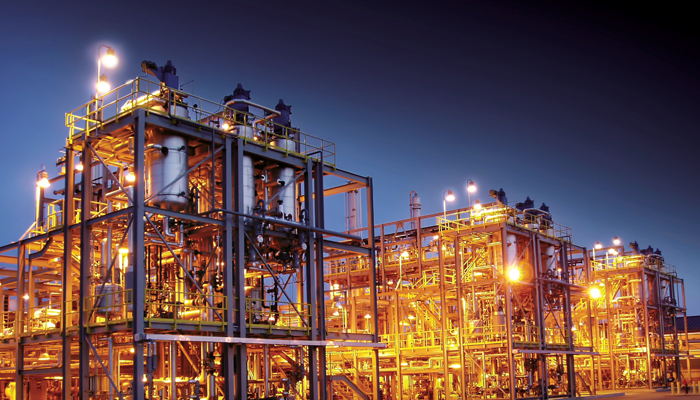Creating High-Quality Biodiesel Regardless of Feedstock
An interesting experiment with heating oil dealers and fleets in the Northeast would be to line up common biodiesel feedstocks and ask them which one is the best.
Soybean oil, distillers corn oil, canola oil, poultry fat, beef tallow and used cooking oil — which one produces the best biodiesel?
Too many people in the transportation and heating oil industries believe that soybean oil is the best biodiesel feedstock.
The correct answer is there is no “best” feedstock, at least not for skilled producers. The best biodiesel producers can create high-quality, great-performing biodiesel from a wide variety of feedstocks.
The practice is known as feedstock flexibility and it has many benefits for people up and down the supply chain:
- More predictable pricing and availability. Using multiple feedstocks frees a producer from some of the instability of commodity markets and this provides economic and supply chain advantages to customers. When prices rise or supply is short on a certain feedstock, a multi-feedstock refinery can switch to an alternative and not negatively affect the finished biodiesel.
- Capture the best properties from different feedstocks. High-tech producers can combine various feedstocks to capture the best properties of each to create a fuel with the properties a customer wants.
- Lower carbon intensity. Feedstock flexibility allows producers to use feedstocks with lower carbon intensity scores, which is a measure of greenhouse gas emissions associated with producing and consuming a fuel.
How Feedstock Flexibility Works
The benefits described above explain why feedstock flexibility is a good thing for heating oil and transportation fuel users. I also want to explain the “how.”
For a skilled biodiesel producer, feedstock doesn’t matter when it comes to the quality of the end product. The reason is basic science. In biodiesel production, a feedstock is converted into fatty acid methyl esters (FAME) through a chemical process called transesterification. Regardless of the impurities in the feedstock, what is left after pretreatment, the chemical reaction in the process and subsequent refining steps are high-quality methyl esters. The original feedstock does not affect quality. Let’s look at the process steps:
- Blending feedstock. Renewable Energy Group (REG) uses a mix of feedstocks to create a finished fuel with the desired attributes.
- Pretreatment. A rigorous, proprietary pretreatment process purifies the feedstocks before actual biodiesel production begins.
- Transesterification. The product is further cleaned by conversion to methyl esters through the transesterification process.
- Finishing. Continued refining of the biodiesel by further purifying the methyl esters.
Notice how often the product is purified. That’s a big reason why a high-quality fuel can be created no matter the feedstock. Even if it’s a low-cost feedstock with more impurities on delivery, it’s purified to such an extent that its initial state doesn’t affect the end product. Although feedstock does not determine biodiesel quality, it does have some effect on certain attributes of the finished fuel specs. For example, nonedible feedstocks have lower carbon intensity scores. Biodiesel made from animal fats tends to have higher Cetane numbers and higher cloud points than biodiesel made from vegetable oils.
Learn More
Next time someone tells you soy-based biodiesel is the best, tell them that soybean oil is just fine, but there is no best if you’re getting fuel from a skilled producer. REG takes a feedstock flexible approach at many of its biorefineries. For more information, visit regi.com.


